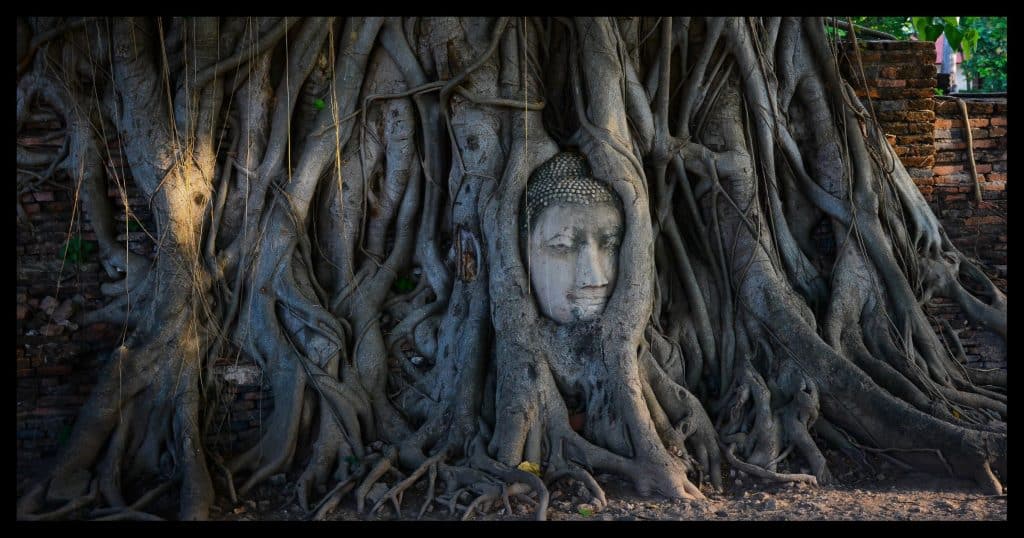
When we’re young, it seems we conflate wisdom with knowledge. The more you know, the wiser you must be. Thus, the quest is to know as much as you can.
As we age, we slowly begin to realize that wisdom is also about understanding what you don’t know. In a sense, I suppose, that’s more knowledge. The quest becomes to be more self-aware about what you do and do not know. Perhaps you then use that as a guide to increase your knowledge, or to understand your limitations and, with that understanding, make better decisions.
At some point, though, wisdom is none of that.
Wisdom transcends knowledge, even the knowledge of what you don’t know.
Wisdom is about experience. It’s about the lessons life teaches us through experience. In a sense, that’s knowledge also, but it’s much less about what you “know” as it is about experiences that lead to that knowledge. Wisdom becomes a distillation of those lessons into a way of life.
Legacy is transferring wisdom to others.
Traditional legacy is all about transferring wealth to others. If you go to an estate planner, that’s what they care about: ensuring that your legacy — the assets you’ve accumulated — are transferred to where you desire upon your demise.
True legacy is much more than that. I’ll call it enduring legacy. Estate-based legacy doesn’t endure. Eventually all your stuff — assets and wealth — just become someone else’s stuff.
An enduring legacy would be the life lessons we’ve learned captured in a way someone else can learn from, or at least understand, without having to go through the experiences we had to create them in the first place.
An enduring legacy is a legacy of ideas, not things.
Ideas can be captured in so many ways. It could be writing blog posts. It could be writing stories or novels. It could be creating self-help books, courses and more. It could be an apprenticeship program that transfers your hands-on knowledge doing what you do to those that follow. It could be a well-timed speech or even an off-hand remark.
Or it could be something else entirely.
A legacy of ideas is certainly not new, and not restricted to literature, or even literacy. It’s any approach that allows us to capture and/or transfer our hard won experience for the benefit of others.
Whether it’s valuable is not ours to say. That’s left to those who follow to define.
And whether we even need to know or cross paths with them is irrelevant. Consider that the Stoics and other famous philosophers left a legacy that would last well beyond their own lives.
Whether that might happen to us is also irrelevant. Whether we leave knowledge consumed by millions in some unknown future, or something that helps just one person in our family lead a slightly more effective life, it matters not.
Hell, even if it affects no one at all, it has value.
It has value to you as you sharpen your own ideas, and codify your skills and lessons learned.
This is wisdom.
What’s your legacy?
